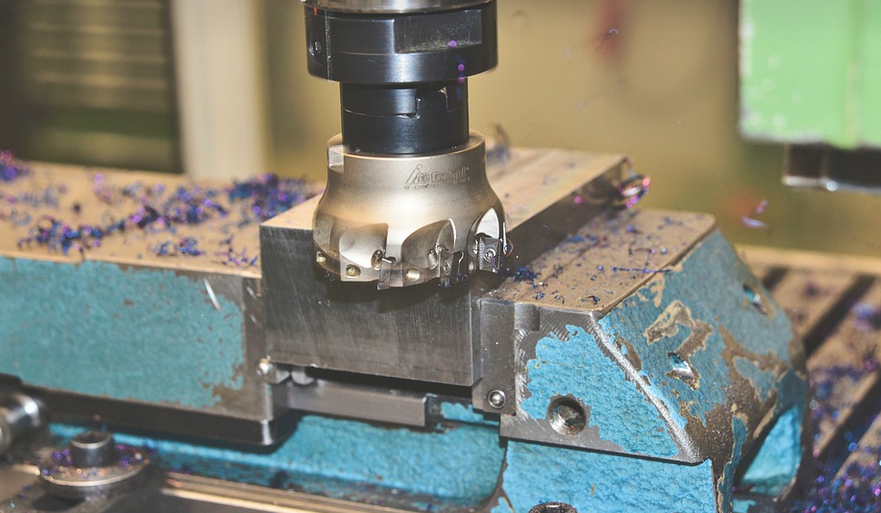What’s Going On With Your AC?
You start your car, crank the heat up and feel a wave of relief from the sweltering summer day, only to find out that the air blowing from your vents feels like it’s straight from a desert. Your A/C isn’t working! So frustrating! It seems easy enough – hit the pedal and let the cool air flow. Yet sometimes, there are hidden variables at play that make this seemingly simple task a bit more complicated.
If you’re noticing your AC struggles to blow cold air when accelerating in 2024, it could mean more than just a bad day for the weather or a clogged filter. You might be facing an issue with your cooling system that needs attention from a specialist.
The Mystery of the “Hot Air”
The most common culprit behind this frustrating problem is often related to airflow restrictions, specifically when there’s rapid acceleration of your car. When you get on it and the engine revs up, something in your A/C system might be restricting the smooth flow of air through the vents.
Think about it like this: The engine’s high RPM creates pressure changes within your vehicle that can disrupt the airflow. This puts the A/C compressor under stress, and its ability to pull in cool air is affected. Even small obstructions in the path of the cooled air could cause a sudden drop in efficiency.
Here are some other key factors that can influence this issue: It’s not just about acceleration; even driving at specific speeds or with certain road conditions can put a strain on your car’s cooling system. For example, climbing steep hills or going through heavy traffic can make the A/C struggle to maintain optimal performance.
The Culprit Unmasked
So, what are these potential culprits behind this “hot air” phenomenon? Let’s dive into some of the most common reasons:
1. Air Filter: The Unsung Hero
The air filter is your car’s first line of defense against dust and pollutants. It sits in the engine compartment, right where the cool air enters the system. A clogged air filter restricts airflow to the A/C compressor. This can be a major reason for reduced cooling effectiveness when accelerating.
When you start your car, the engine pulls in fresh air through the intake manifold and directs it to the A/C system. If this airflow is constricted by a dirty or clogged filter, your A/C will struggle to pull in enough cool air to keep you comfortable. It’s like trying to push water uphill – the pressure just isn’t there.
2. Blower Motor: The Invisible Mover
The blower motor is responsible for moving air through the vents. If it’s failing, it can lead to uneven distribution of the airflow and reduce the overall cooling effect. It’s like trying to push a heavy object with one hand—you will not get very far.
A faulty or worn-out blower motor might struggle to maintain consistent air flow speed or pressure when you accelerate, resulting in a reduced cooling output. This could also be causing the “hot air” issue you’re experiencing.
3. Expansion Valve: A Tiny but Mighty Component
The expansion valve is another critical component of your A/C system. It regulates the flow of refrigerant between the evaporator and the compressor. If it’s malfunctioning or clogged, the refrigerant flow will be disrupted. This can significantly affect air circulation from the vents.
When you accelerate, a sudden pressure change may disrupt the expansion valve’s operation, causing your A/C to struggle with airflow and leading to increased heat in the cabin.
4. Refrigerant Leak: The Silent Sabotage
A refrigerant leak can also contribute to this problem. If there is a leak in the system, it can lead to reduced air flow. This is because refrigerant helps cool the air and when its levels are low, the cooling power of your A/C will significantly decrease.
If you suspect a refrigerant leak, you should take your car for a check-up from a trusted mechanic as soon as possible. These leaks can be difficult to detect without specialized tools. Early detection is crucial.
What To Do
Now that you have a better understanding of the potential causes behind this issue, let’s take a look at what steps you can take:
* **Check your Air Filter:** This is one of the easiest things to check and will likely solve many issues. It’s best to do it yourself or go for a mechanic’s help if you feel unsure. You can find air filters online or at your car part store. * **Get a Professional Check-Up:** If you’ve exhausted these methods, don’t hesitate to call in the professionals! A qualified mechanic will be able to diagnose the problem and recommend the best course of action.
Remember, dealing with poor AC can be frustrating at times. However, understanding the possible causes and taking appropriate steps can significantly improve your driving experience.
